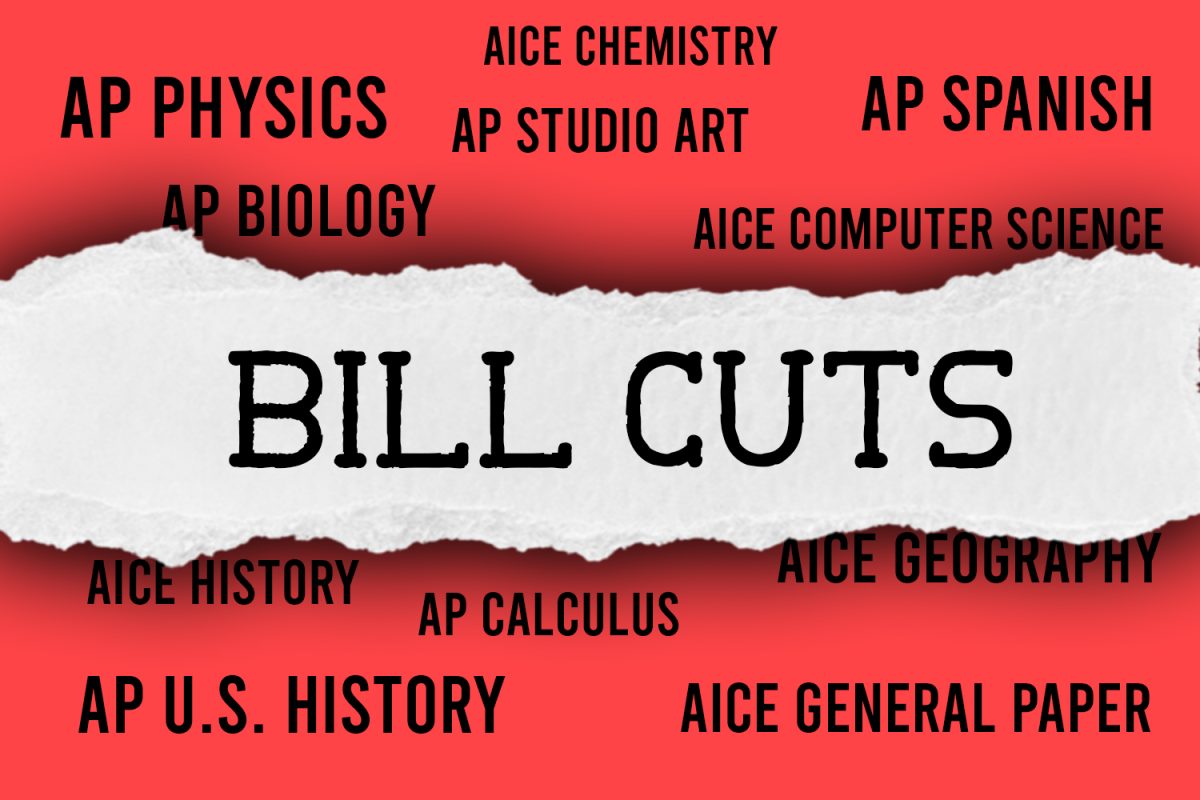Finn Phelps Crossman
The U.S. has ordered a ban on the social media platform TikTok if their parent company, ByteDance, doesn’t sell the app to another company that wasn’t based in China. The concern was that the platform was being used to harvest U.S. civilian data and project Chinese propaganda to influence the population. Whether or not this is true, the U.S. government has long been opposed to the idea of TikTok being at Americans’ fingertips. Bills have passed to restrict their use by government officials, and some individual states, like Montana, have banned it entirely.
Banning TikTok is overall a good idea, for safety reasons, mostly. Not only is it capable of pushing agendas of the Chinese Communist Party (CCP), it actually harvests data for investigations on the American population. TikTok not only monitors what you look at while on the app, but it also collects facts about your device. This includes your type of device, other apps you use, private files, and each and everything that you ever type on that device.
Don’t believe it?
Well, TikTok’s own terms of service say that they can track and record “app and file names and types, keystroke patterns or rhythms, battery state, audio settings and connected audio devices,” among other information. “Keystroke patterns of rhythms” is essentially a different way of saying that TikTok can monitor anything you type on your device—anything you search, any message you send, or anything you type, even on a homework assignment. Anything you’ve signed into TikTok on is automatically now prone to be farmed for data by the CCP.
While it’s true that other companies, like Google, have practices almost just as intrusive, this data is not just being collected by a company, but rather farmed to be researched by the CCP. As conspiratorial as this sounds, it’s exactly what happens to Chinese corporations all the time.
If that wasn’t already concerning enough, TikTok is being used to sway the minds of Western citizens. What people see on social media is evidently very influential, as proven by “influencer” culture, social media sponsorships, and the massive amount of money that goes into advertising on these platforms, another reason why TikTok is so incredibly dangerous. China has been proven to be distributing Chinese propaganda to Westerners through the app, promoting the country as a great place to live and trying to convince people that there was no genocide of Ughyr Muslims in China’s Xianjing province, even when this was absolutely the case.
All of these issues are severe and absolutely warrant the banning of TikTok in the U.S. If ByteDance were to sell their app to a non-Chinese corporation, it would remove these issues, but, right now, China’s influence over the app that holds so much information about the American public makes it far too dangerous to allow it to remain in use in our country.
Micah Lopez
However, banning TikTok would cause many problems and would be quite harmful to many Americans. Many people make a living off of the app, so banning it would spark huge unrest. According to Wallaroomedia, TikTok pays $500 as a starting amount to any creator joining the platform and recently created a $1 billion creator fund to pay creators on its platform. Banning TikTok would effectively take away many people’s source of income.
Banning TikTok would also affect the livelihood of many small business owners and educators. According to study.com, 69% of Americans use TikTok for educational purposes. Advertisement of a small business is made easy when you can simply post it and not have to pay money to have people see it. TikTok just happens to be a platform that can do that. Well, you might say, “Why can’t these influencers and small businesses move to other social media platforms like Instagram or Facebook?” The reality is that making a follower base is tedious. Switching to a platform they are less known on substantially decreases their following.
The argument that TikTok invades your privacy and steals your personal data is also raised. What many people fail to realize is that every other major social media platform does that exact same thing. They track us, analyze our behavior, and profit off of selling our personal information; TikTok is hardly a unique offender. To really solve this issue, instead of singling out TikTok, the U.S. should pass a law that would limit how companies collect, store, analyze and sell our personal data.
“Well, doesn’t TikTok spread misinformation?” Sure, that is true, but once again, Youtube, Instagram, X (Twitter), and Facebook are no different. It’s simply a side effect of social media.
Misinformation and privacy issues don’t justify taking away millions of Americans freedom of expression on TikTok. All social media platforms have these issues, and we should divide our attention to each, rather than targeting TikTok specifically.










